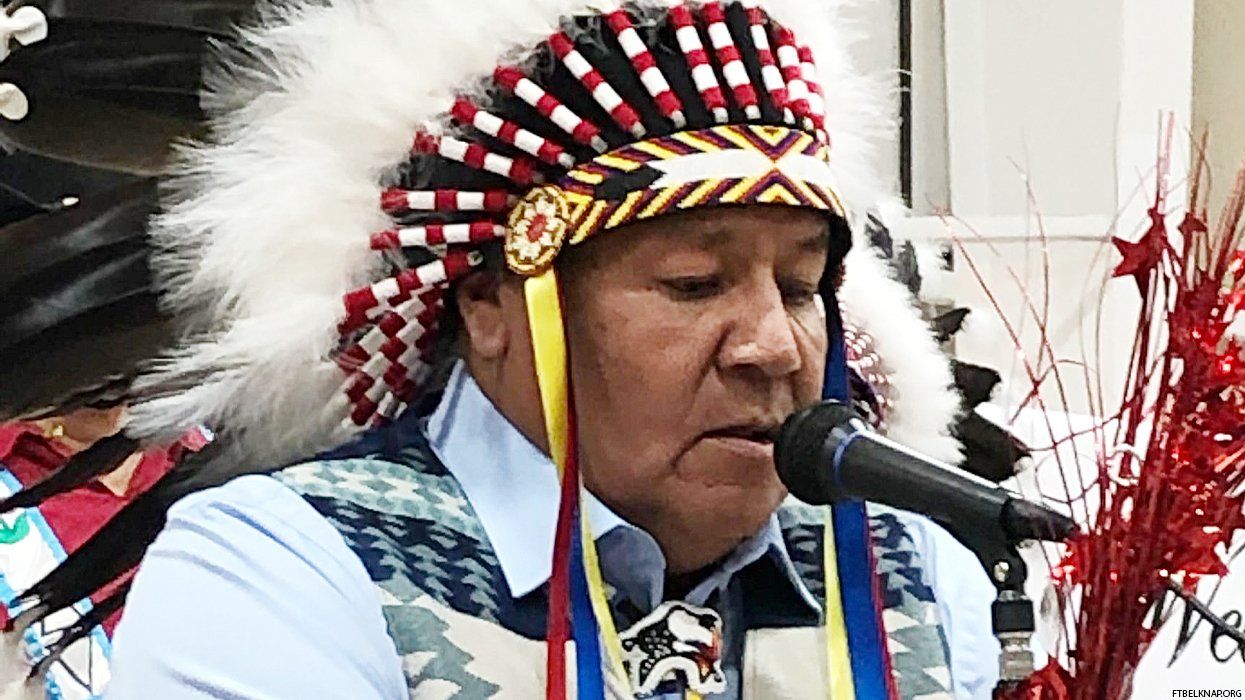The Fort Belknap Indian Community of Montana barely received enough funding to provide the most basic law enforcement programs. That's why the reservation filed a lawsuit against the U.S. Department of the Interior and the Bureau of Indian Affairs (BIA) last October.
The Fort Belknap reservation has seen barely any increases in funding for law enforcement over the past few years, said Fort Belknap community council president Jeffrey Stiffarm.
The reservation's supervisory criminal investigator, Gary LaMere, reported a concerning amount of violent crime, crimes against children, missing persons, and drug-related crime, which they are unable to address due to a shortage of law enforcement officers.
Brian Wing, a Fort Belknap community council member, told The Hillof a gruesome hit-and-run incident in which a man was left lying on the ground for over three hours, with no response vehicles attending to him.
In the past, Stiffarm said, officers have been required to patrol the entire reservation alone. Only one officer was on duty to respond to another hit-and-run incident that occurred last year, requiring him to fill all roles alone. He was unable to test the suspect's blood alcohol content, which led to the case being lost, LaMere said.
The Fort Belknap Reservation said they are also unable to provide a Missing and Murdered Indigenous Persons Special Agent, which is a sorely needed resource when the victimization rate for violent crimes is much higher among Native American and Alaska Natives than the national average. The BIA estimated that around 4,200 missing and murdered cases are unsolved.
In the lawsuit, the Fort Belknap Reservation declared that the BIA and Department of the Interior have failed to fulfill their duties to provide law and order to the Tribe, and they demanded that those obligations are filled through a funding increase.
Underfunding is common for tribal nations across the country — similar lawsuits were filed by The Northern Cheyenne Indian Reservation and the Oglala Sioux Tribe last year.
LaMere stated that the current budget for Fort Belknap underfunds salaries by 50 percent and operational costs by 75 percent. The Reservation demanded a total of $5.2 million, up from $1.3 million, to cover law enforcement services for the nation's 3,182 residents.
Earlier this year, Montana state legislators issued a joint resolution that urged the U.S. Congress to further support funding for law enforcement on Montana reservations, citing a series of public safety concerns that persist.


















































